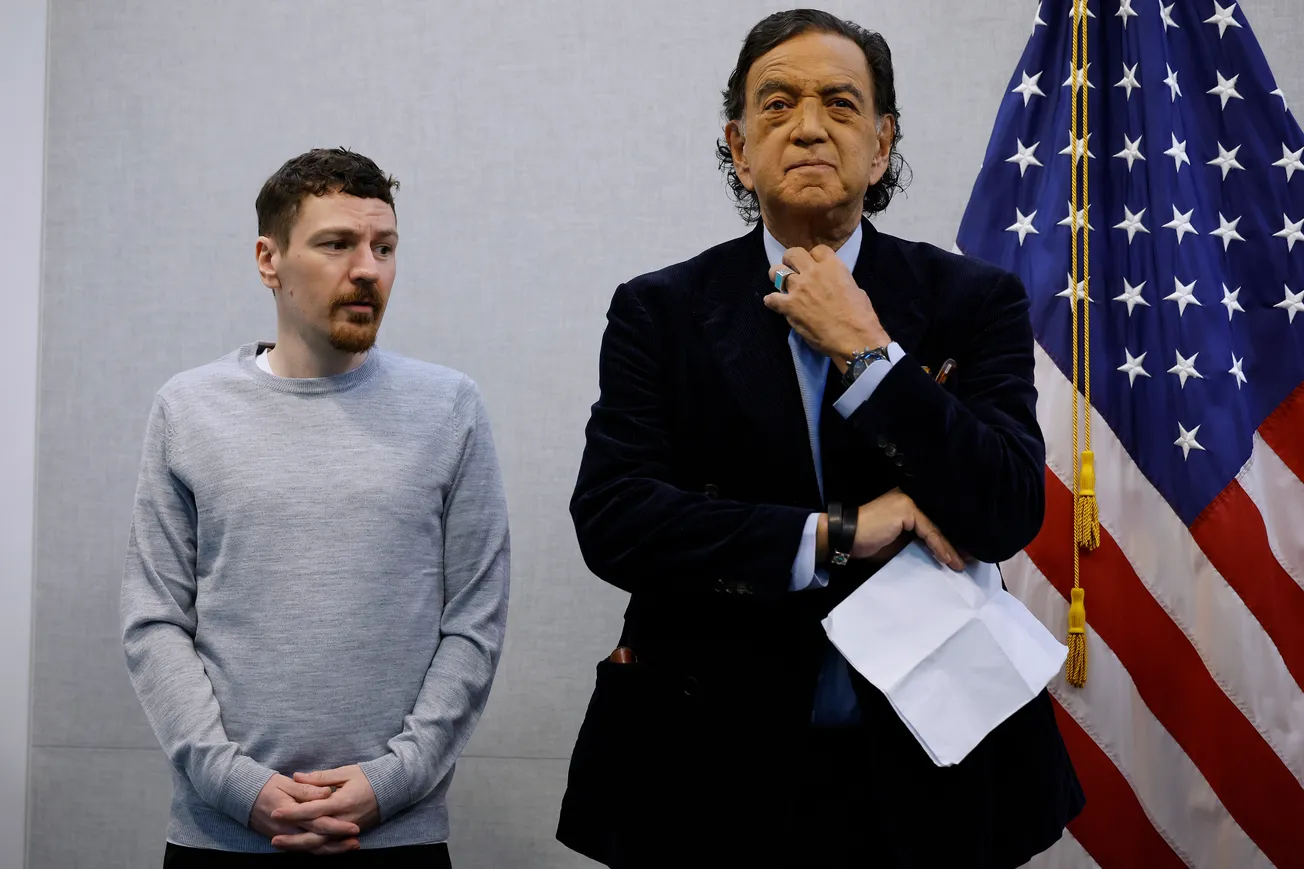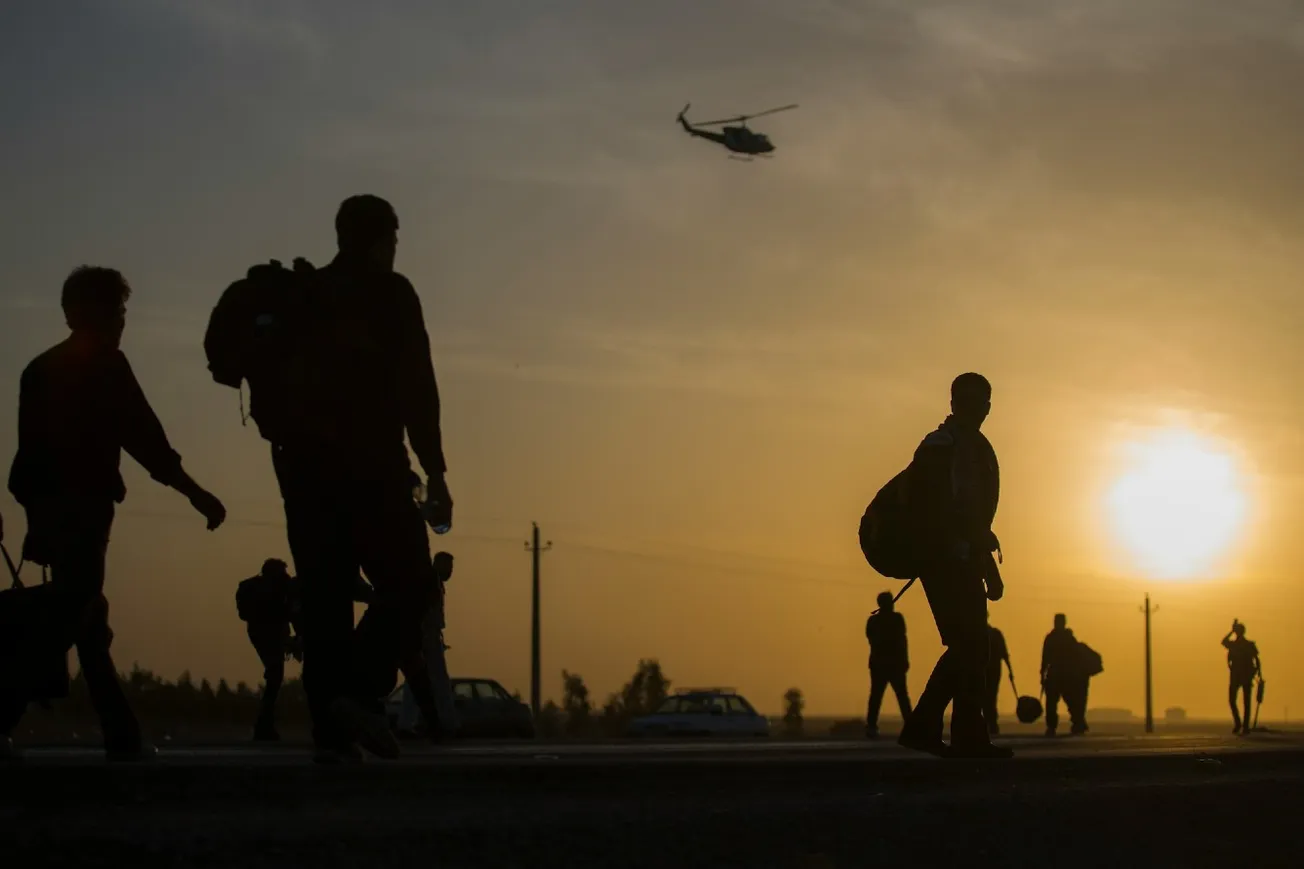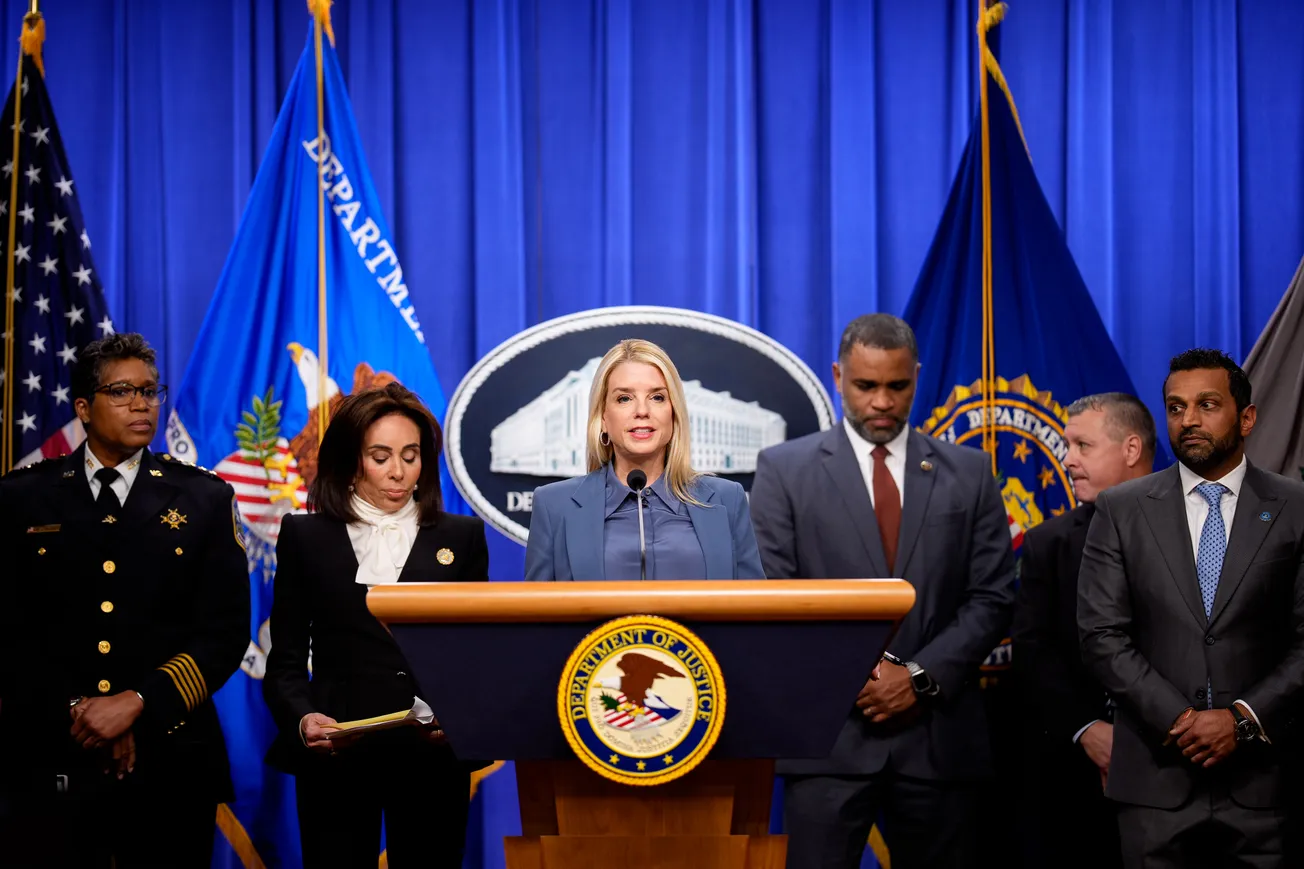America spends nearly $75 billion each year to advance our foreign policy. Through a vast network of diplomatic missions and consulates in practically every country represented in the United Nations, officials at every level wine, dine, back-slap, negotiate, and further our national security goals.
One of the best dealmakers America has ever had, someone former President Bill Clinton called a "masterful negotiator," was Bill Richardson, a former UN ambassador, who died this week at 76. A two-term governor of New Mexico and a member of the House, Richardson brought exquisite skills and charm to the art of challenging negotiations.
Richardson was the ultimate diplomat, even as a private citizen, a fact that Clinton noted in a statement honoring his passing. "Bill worked tirelessly for the causes of freedom, fairness, and opportunity. Whether in an official or unofficial capacity, he was a masterful and persistent negotiator who helped make our world more secure and won the release of many individuals held unjustly abroad."
It is a sad commentary on today's Foggy Bottom crowd that continues to insist that the only tools available to the Department of State are blustering rhetoric and threats aided by harsh action such as sanctions and the deployment of military force.
President Biden's foreign policy team - Secretary of State Antony Blinken, National Security Adviser Jake Sullivan, erstwhile diplomat Victoria Nuland, and Secretary of Defense Lloyd Austen - has pushed America dangerously close to the edge of a direct conflict with Russia in the Ukraine war, a potential nuclear escalation, and a regional confrontation that could result in World War III.
Needlessly provoking an already-aggressive China by consistently promising weapons delivery and military support to Taiwan, the State Department appears clueless, as though it has forgotten the effectiveness of diplomacy, negotiation, and compromise.
Under Biden, America has excelled in its ability to strengthen relationships with countries that are practically subservient to it. Consider the majority of European countries dependent upon America's financial and military support of NATO. Eager not to spend their military budgets to help defend themselves, these countries are happy to do America's bidding in return for guarantees that America will protect them. Fox News said, in August, that Reuters and the German newspaper Süddeutsche Zeitung reported that a clause pledging for Germany to spend at least 2% of its gross domestic product annually on defense was quietly removed from Finance Minister Christian Lindner's draft of a new budget financing law.
Bribing a country to follow America's foreign policy goals mindlessly is effective, but that still leaves dozens of countries where bribes will not do the trick. President Biden will be forever remembered as the leader who drove Saudi Arabia and Iran closer together under China's umbrella of support; as someone who helped unite the Global South nations who were repulsed by America's extraordinary threats to force a condemnation of Russia; and as a president who helplessly witnessed the development and expansion of a regional alliance called BRICS which has the potential to counterbalance American interests in international bodies, like the UN and the IMF.
Under President Biden's watch, Ukraine has become a disaster the likes of which the world has not seen since the Second World War. 11 million Ukrainians displaced, over 500,000 dead, hundreds of thousands more wounded, and a country so horribly defaced that it will take generations for Ukraine to return to its pre-war state. It is OK to blame President Putin for this carnage, but the role of the American President, as the leader of the lone superpower, is to do everything to help prevent death and destruction.
Had Bill Richardson been America's Secretary of State, the United States would have never offered unilateral security guarantees to Ukraine in November 2021. America's promise to Ukraine was explicitly extended to protect it from Russia, the world's largest holder of nuclear weapons. As a former Secretary of Energy, Richardson would have understood well that it is foolish to saber-rattle a nuclear power. He would have preferred diplomatically dealing with Russia, including enforcing the Minsk II treaty.
Richardson was no stranger to dealing with authoritarian regimes. He helped US basketball star Brittney Griner released from a Russian prison in December after she was convicted of a drug offense - and after Russia's war in Ukraine had been going on for nearly nine months.
The Richardson Center, the non-profit that he created, has documented numerous cases wherein Richardson was actively involved in multiple prisoner and hostage releases from around the world.
Laura Ling, held by North Korea; Israeli soldier Gilad Shalit, captured by Hamas; three Americans held hostage by the Revolutionary Armed Forces of Colombia; journalist Paul Salopek and two of his colleagues held by the government of Sudan; the remains of six U.S. soldiers killed during the Korean War from North Korea; John Early, a pilot for the International Red Cross, his co-pilot, an Australian nurse and five rebel soldiers taken hostage by a rebel group in Sudan; a young American man who swam across the Yalu River from China to North Korea; an American woman who was imprisoned in Bangladesh; three jailed dissidents in Cuba; two American defense contractors arrested by Saddam Hussein in Iraq; release from house arrest of Daw Aung San Suu Kyi in Burma; and the crew of the downed chopper in North Korea.
It is little wonder that Richardson was nominated for the Nobel Peace Prize many times. He, however, never had the honor of winning the prestigious award.
Richardson's approach was simple and elegant but required much hard work. He was a quintessential believer in global peace through dialogue and in working on areas of opportunity for engagement.
Farewell and Rest in Peace, Ambassador Richardson! You will be sorely missed.
Labor Day Sale! First Year 50% Off. Support our independent journalism to keep our mission going.








